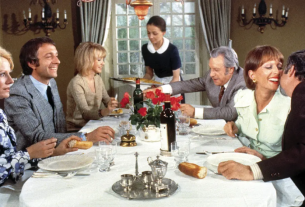“Green Book” occurred in the United States in 1962, an era when racial discrimination was very serious.
The story tells a vulgar and violent white man, Tony, driving for Don, the world’s outstanding jazz pianist.
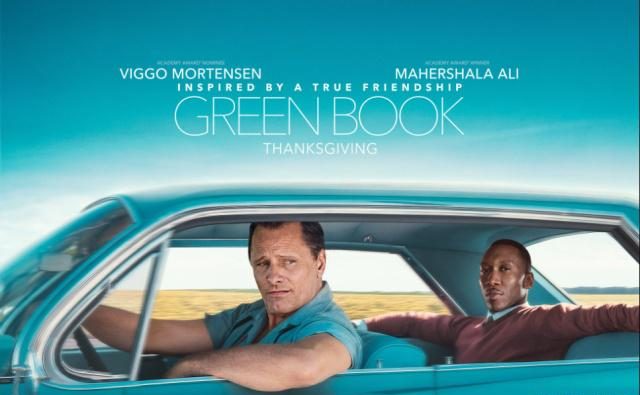
The black pianist Don will start a concert tour from New York, and a friendship across races and classes has begun between the two.
The relatively old-fashioned background of the story has revealed countless racial issues.
This makes many people wonder why “Green Book” won three Oscars.
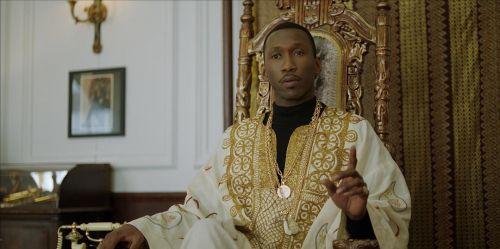
After reading the “Green Book”, I have to say that this smooth and comfortable narrative method, natural and sincere social issues, the actors carefully interpret the three Oscar awards, and it deserves its name.
Behind the award, it contains the emotion and humanity that touches countless people.
Lonely
The male protagonist of “Green Book”, the talented musician Dr. Shirley, is lonely.
This loneliness comes from the unfairness and discrimination against blacks in white society, and also from the huge economic and cultural differences with compatriots of the same color.

It also stems from the use of practical actions to break through the social class without being understood and questioned.
Behind the achievements in music are all nights of loneliness and wine.
Don will always use a polite and elegant smile to face the glory on the stage and solve the unfair treatment in life.
But this smile is not vulnerable, because it has already become rigid in the humiliating life.

It is said that home is a warm harbor, but the lonely Don has never contacted his brother.
He thought that his brother knew his contact information but did not come to him, so he was unwilling to be the one who took the initiative.
Obviously he has the courage to break the boundaries of black and white, but Don doesn’t even have the motivation to actively contact his family.
The contradictions of human nature are intertwined in the “complex” individual Don.
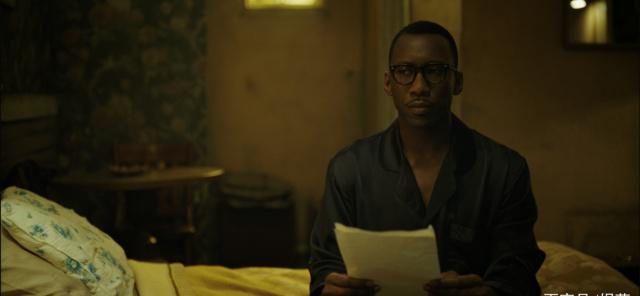
But Tony saw it thoroughly, just saying: “There are too many lonely people in the world who are afraid to take the first step.”
In the movie, there is a clip that shows Don is caught in jail for homosexual sex. Tony comes to the police station and rescues Don by bribing the police.
Then the two quarreled over the solution.
In the eyes of poor Tony, Don is a master of music who lives in the castle.
And Don shouted angrily, what’s the point of living alone in the castle.
Sense of identity
Common racial issues movies often tell the struggle of the bottom blacks.
In the “Green Book”, this kind of problem is shown as people’s self-knowledge and pursuit.
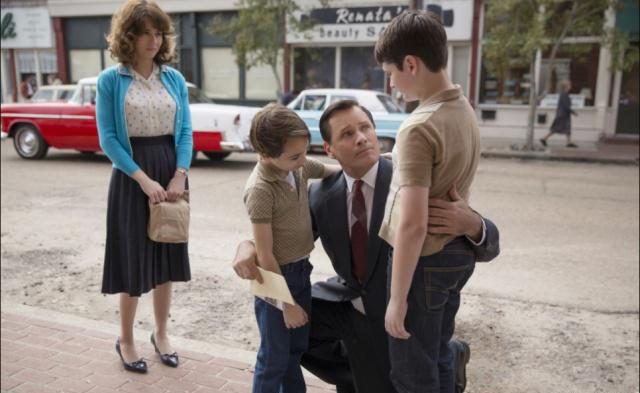
Tony, as an ordinary person, upholds his own set of living habits.
He speaks loudly, his mouth is full of dirty words, he hits when he is unhappy, he can urinate in the grass on the side of the road, and the garbage he eats is directly thrown out of the car window.
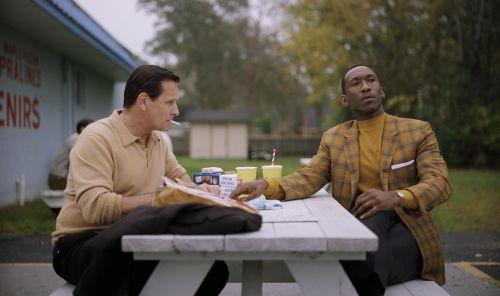
As a musician who lives in the upper class all day, Shirley must always exercise self-discipline and maintain dignity.
Don has rigorous dining etiquette, exquisite vocabulary and pronunciation, neat dress, and the smile and respect he keeps facing everyone.
There is a very meaningful shot in the film, which sets out the theme of the film.
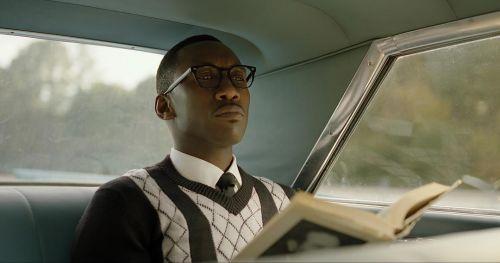
The two people’s car had to stop halfway because the engine was overheated. There was a farm by the side of the road, and a group of black people were waving their hoes to work under the scorching sun.
Shirley in a suit stepped out of the car to breathe. The black people on the farm stopped one after another and looked at everything that happened on the road with strange eyes.
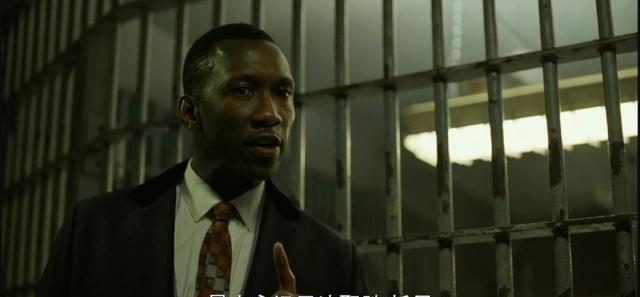
On one side are the black farmers in ragged clothes and sweating profusely, and on the other side are the black artists who are well-dressed and exquisite and elegant.
People of the same skin color have completely different lifestyles and destinies.
The fence on the side of the road, like a huge dividing line, isolates Don.
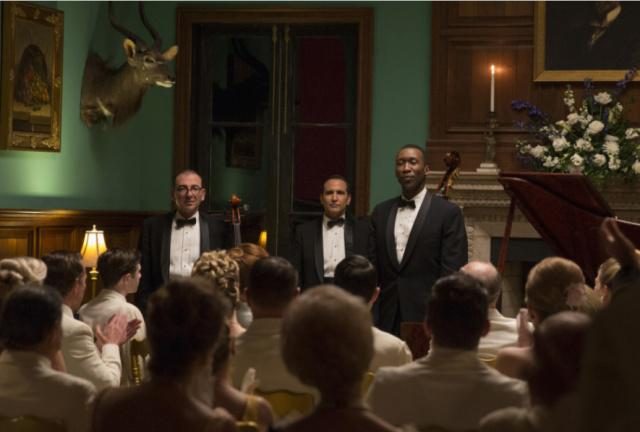
In the white life circle, Don on the stage is a respected and lofty musician.
And when he stepped off the stage, he was still the nigger among the white people, and he didn’t even have the qualifications to go to the toilet in the bathroom.
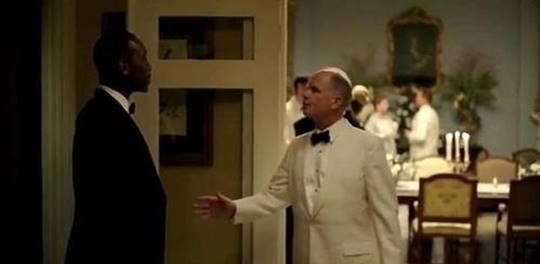
He is not recognized by the white society and is not accepted by the black community.
He stood alone at the junction of the two societies, lonely and distressed.
This also promoted Dr. Shirley’s later painful monologue.
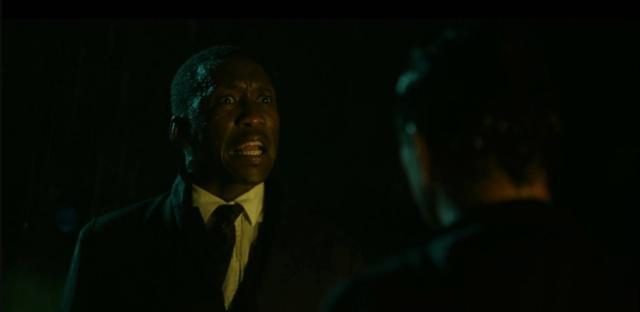
“So if I am not black enough, and if i’m not white enough, and if I’m not man enough, then tell me Tony, what am I?”
who am I?
who are you?
People who lack identity are like duckweed, lonely and painfully floating in this world.
Courage
Courage can be said to be the key word of the whole film, and it is also the key word that inspires public resonance.
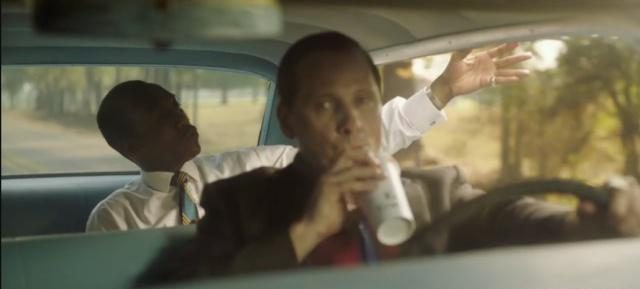
Dr. Shirley knew that racial discrimination against blacks in the southern part of the United States was very serious at that time, and the more it went south, the more serious it became.
But he still chose to go to the South to tour, to experience and break through his comfort zone.
He wants to use his actions to influence to defend the public’s cognition.

In the first half of the “Green Book”, Tony didn’t understand why Don gave up three times the salary and respected performance on New York’s Third Avenue, but chose to walk the American land with difficulty.
Towards the end of the film, Don’s trio’s musical partner gave the answer.
He said: “Because talent alone is not enough. It takes courage to change the minds of the public.”
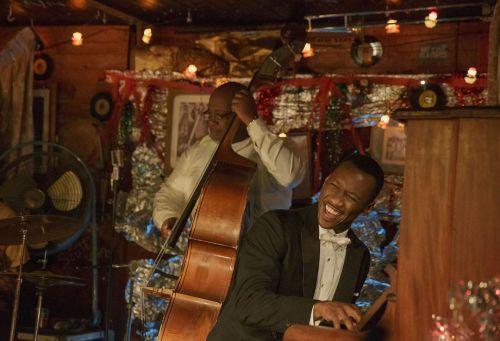
It is precisely because of Don’s courage that he has the green paper to use music to change people’s reality towards black people.
The courage in “Green Book” comes more from reconciliation with yourself.
As a musician engaged in high art, Don learned to let go of his posture and gnaw fried chicken wildly.
He threw the chicken bones out the window like throwing away all his troubles.
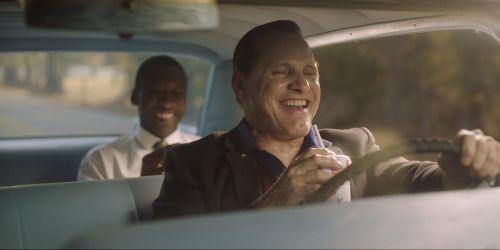
As a black man, he learned to embrace his compatriots and enjoy the fun and joy of music in black bars.
As a basic person, he learns to defend his rights and cancels the performance when the other party does not allow himself to eat in the restaurant.
Warmth
As a comedy, “Green Book” brought a lot of laughter to the audience with a dramatic ending conflict.
The film also uses the sincere warmth in people’s hearts to convey the joy and power of love.

Tony, a white man, has a distressed family situation, violent and stubborn, but has a warm family in a house.
He passed this warmth to the lonely Don during the journey.
From the beginning, Tony was disgusted and secretly ate the sandwich his wife prepared for Don. Later, when he saw Don being bullied, he shouted, “You are not allowed to go without me in the future.”
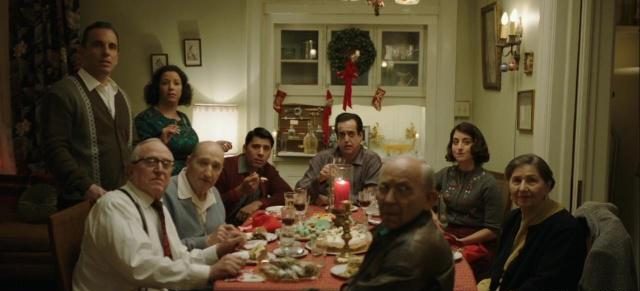
At the end, everyone spent a warm Christmas together.
This kind of warmth does not come from elegant etiquette, from a vulgar lifestyle, but from sincere care and inner softness.
Tony flipped through the green paper to find a hotel suitable for Don’s accommodation.
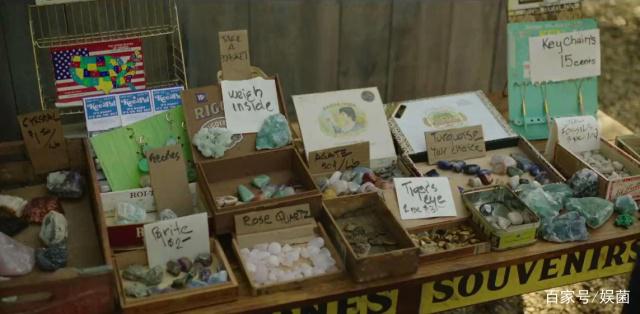
Don buys the emerald stolen by Tony and treats it as a lucky stone.
The non-exaggerated plot manifestation is just a picture slightly taken with the lens, but it shows the warmth and beauty to the audience.
The whole movie ended in a warm tone, leaving the audience with a smile on the corners of their mouths and a touch in their hearts.
“Green Book”, it is not this travel guide that allows blacks to travel in the southern United States, but the change in white ideas and the courage of blacks to break prejudice.
The interaction between the two can make the “Green Book” work.
